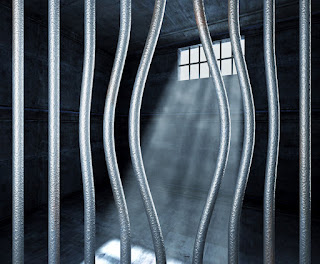Visit The Screening Room
"The film of tomorrow appears to me as even more personal than an
individual and autobiographical novel, like a confession, or a diary."
- Francois Truffaut
The Screening Room is
currently comprised of TEN "theatres" - or channels - each specialising
in different kinds of film and/or television stories. These are:
1. Features
2. Documentaries
3. Short Films
4. Avant Garde/Experimental cinema
5. Iranian films
6. Television
7. Trailers
8. Tribal Films
9. Jazz Films
10. Web Series
Trailers
have been included to alert viewers to films they should see that are
not currently available on YouTube. The "art" of the trailer is a very
special form of dramatisation, as well, and the trailers featured
here provide vivid and succinct examples of the effective use of the
essential grammar of dramatic storytelling/filmmaking... PROBLEM, GOAL, PLAN.
The
features (both fictional and factional) present a rather eclectic and
distinctly international collection representing a broad range of genres
and styles. The choice of these films was driven not so much by their
technical excellence - though most of them instance memorable and often
brilliant examples of the arts of cinematography, editing, sound,
design, etc - but rather because - in most cases - they effectively and imaginatively
employ the essential grammar of dramatic screen storytelling and because
each, in its own way, is solidly grounded in a "tribal" sensibility
that manifests and maintains a wonderful freshness and originality. This
is particularly in evidence in the Iranian films, the quality of which
is so good and so consistent, I have decided to give these films their
own section.
The
selected shorts - and PLEASE NOTE: not all of the shorts presented in
The Screening Room were chosen by the editors at WHERE'S THE DRAMA? -
illuminate in various ways the essential elements of short-form drama.
Each in its own way re-contextualises the dramatic problem that defines
the main character. For a more detailed account of this, please read the
essay, "STORY - the Long and the Short of It" - http://www.wheresthedrama.com/grammar.htm
Those films posted under the name, "scripttools", comprise some of my
personal favorites and are among the finest and most potent works of
modern dramatic short-form filmmaking.
If
you have made an exceptional, dramatic short-film that employs the
essential grammar and principles of dramatic storytelling in ways that are fresh, surprising and thoroughly credible, please share it with us by POSTING IT in the short films section of The Screening Room. Or, if you feel you have made a
film that in some way contributes something original and vital to film
culture, please consider posting it in the experimental film section.






